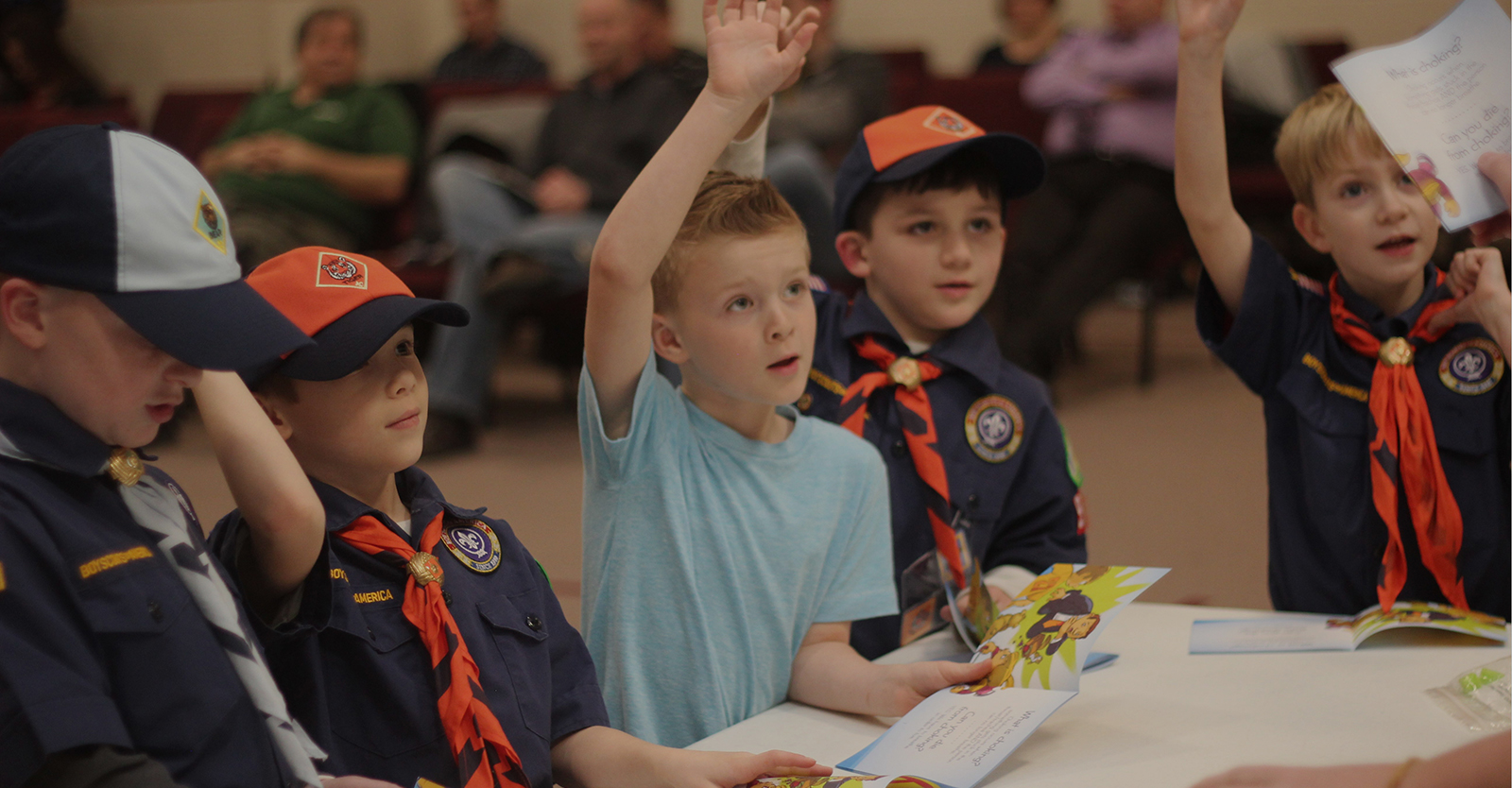
Heimlich Heroes Blog
Jul 25, 2018
Posted By Heimlich Heroes
Check out these quick facts about Heimlich Heroes™ and about choking!
This grieves our hearts. Most people who are choking can be saved with the Heimlich Maneuver®. Make sure your school staff and babysitters (and your kids – ages 7 and up) know how to respond in a choking emergency.
Heimlich Heroes is funded due to the generosity of Deaconess Association, Inc. Donations are critical to keep our program up and running. Your donations help provide note taking tools and getting started packets to our customers. Donate today!

Anyone can choke, but it’s especially prevalent in older people and younger children. To prevent this, take small bites and chew food thoroughly.
Toys for older children often have small pieces that are a choking hazard to younger ones. Age guidelines should be followed so young children don’t get small toys or games pieces in their hands. As young children often put objects in their mouths, this can lead to choking.
Washing hands is key to staying healthy and keeping illness away. Remind your children and students to wash their hands after using the restroom and before eating meals. Check out the Centers for Disease Control and Prevention for more information. (We know this doesn’t have anything to do with choking, but it is pretty amazing what a difference hand washing makes to our health!)
When you or someone else is choking it blocks oxygen to the brain. It’s critical to act quickly in a choking emergency so that one can start breathing. Knowing the Heimlich Maneuver can give you confidence to act quickly and successfully.
Think about how long you can hold your breath when swimming…15 seconds? 30 seconds? Even four minutes is too long to wait for the professionals when you are choking. All people need to be trained in basic first aid and especially the Heimlich Maneuver! Train them young and review it often.
Posters are an easy and inexpensive way to teach a large amount of people how to perform the Heimlich Maneuver. Visually seeing the maneuver may be enough instruction for someone to save a life! Check out our posters available in the Heimlich Heroes’ store.
 CPR is an important skill to learn. AHA recommends children 13 and older to learn the skill because young children often lack the strength to perform CPR. You can register for a CPR training class near on the AHA website.
CPR is an important skill to learn. AHA recommends children 13 and older to learn the skill because young children often lack the strength to perform CPR. You can register for a CPR training class near on the AHA website.
Heimlich Heroes does not recommend using back slaps on a choking victim. Giving back slaps can actually push the obstruction lower in the airway rather than forcing it up. Always help a choking victim by performing the Heimlich.
Choking is preventable, and if you know the Heimlich Maneuver, many of these lives could be saved. This procedure is successful when performed correctly. Learn the Heimlich Maneuver – you can save a life!
Placing your hands around your throat can let people know you are choking and need help.
Make sure your children know their address and help them learn how to call 9-1-1 through role-play. Give them a toy phone and rehearse what they should say. Practicing this alone, can give them the confidence needed to be a help in an emergency situation.